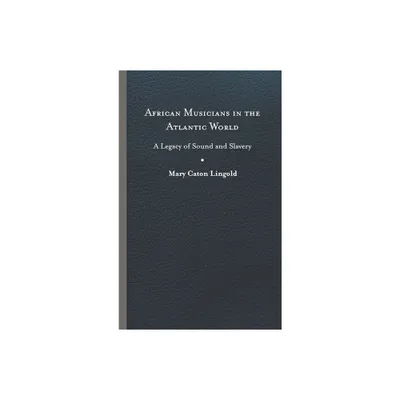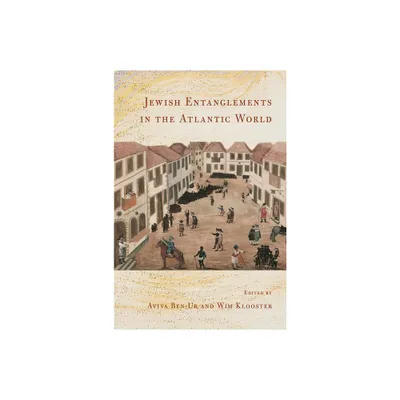Home
Immigrant and Entrepreneur: The Atlantic World of Caspar Wistar, 1650-1750
Loading Inventory...
Barnes and Noble
Immigrant and Entrepreneur: The Atlantic World of Caspar Wistar, 1650-1750
Current price: $70.95


Barnes and Noble
Immigrant and Entrepreneur: The Atlantic World of Caspar Wistar, 1650-1750
Current price: $70.95
Loading Inventory...
Size: OS
*Product Information may vary - to confirm product availability, pricing, and additional information please contact Barnes and Noble
Immigrant and Entrepreneur
examines the life of German immigrant and successful businessman Caspar Wistar. Wistar arrived in Philadelphia in 1717 with nearly no money; at the time of his death in 1752, his wealth outstripped that of the contemporary elite more than threefold. Through this in-depth look at an immigrant’s path to achieving the American Dream, Beiler reevaluates the modern understanding of the entrepreneurial ideal and the immigrant experience in the colonial era.
The book follows Wistar’s life from his family’s German influences to the potential reasons behind his desire to emigrate and the networks he used to establish himself as a wealthy entrepreneur once he reached his adopted home. Beiler draws from Wistar’s compelling story to examine the greater processes at work in the Atlantic world of the eighteenth century. Wistar’s success exemplifies how European influence, patterns of adaptation, and an innovative cultivation of networks helped integrate immigrants into colonial America and the Atlantic world.
examines the life of German immigrant and successful businessman Caspar Wistar. Wistar arrived in Philadelphia in 1717 with nearly no money; at the time of his death in 1752, his wealth outstripped that of the contemporary elite more than threefold. Through this in-depth look at an immigrant’s path to achieving the American Dream, Beiler reevaluates the modern understanding of the entrepreneurial ideal and the immigrant experience in the colonial era.
The book follows Wistar’s life from his family’s German influences to the potential reasons behind his desire to emigrate and the networks he used to establish himself as a wealthy entrepreneur once he reached his adopted home. Beiler draws from Wistar’s compelling story to examine the greater processes at work in the Atlantic world of the eighteenth century. Wistar’s success exemplifies how European influence, patterns of adaptation, and an innovative cultivation of networks helped integrate immigrants into colonial America and the Atlantic world.


















